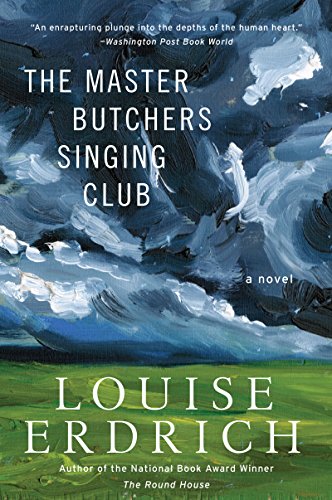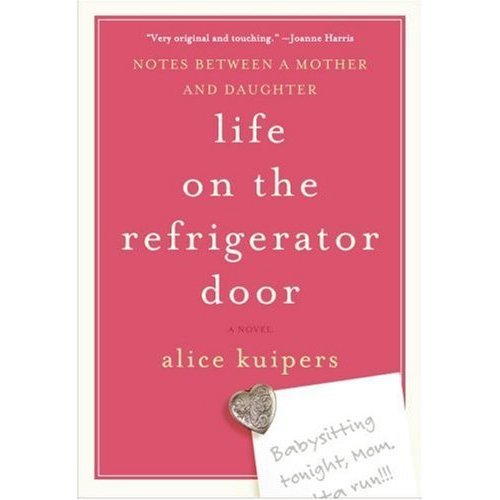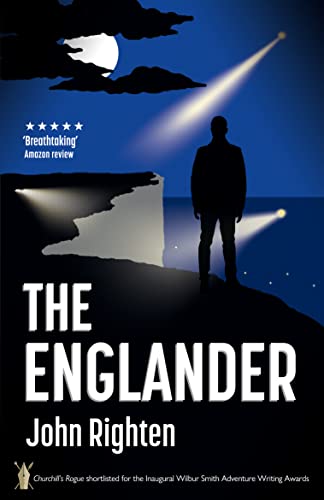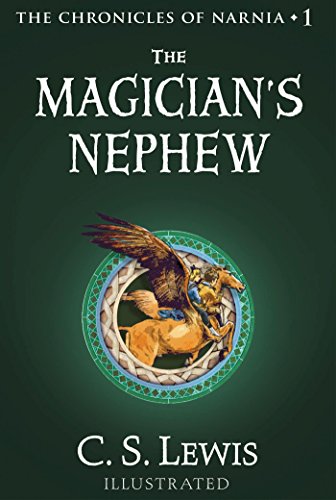Ever since it first appeared in the Kindlesphere back in July 2008 Len Edgerly’s The Kindle Chronicles podcast has been a wonderful source of great information and insight into the Kindle Revolution, and Len’s interview with Forrester Research ebook expert James McQuivey in this week’s TKC #90 is an especially good take. I’ve snarked at McQuivey a bit in the past, but as developments continue to unfold his thinking seems to be ever more smart and more bold about what the future may hold and which new products and features may turn out to be gold if and when they are unrolled, get sold, and take hold.
Here are a few of McQuivey’s points that I found especially thought-provoking:
- He believes that, now that the “agency” price-fixing model has been established for the retail ebook prices of bestsellers and new releases, those prices will again migrate down to the familiar 9.99 price point because “market pressure will force them to and they won’t be able to blame it on anyone else.” Publishers then “will find themselves at $9.99 giving up 30 percent of their revenue in perpetuity to folks like Apple, whereas [until] now prices [were] at $9.99 and they actually [made] more than $9.99. So I think they are going to regret that in the future,” McQuivey says. “Now that could be a year away, it could be two years away before the average price comes down to 9.99. We know that we’ll certainly have some prices back at 9.99 within a year just because the market’s pushing it that way…. We’re not in a market where it makes sense to charge consumers more than $9.99 and 10 years from now we might see 9.99 as even a high price for certain categories of books.”
- “Who knows if there’s going to be any Federal Trade Commission look into how these publishers all happened to manage to change their strategy all simultaneously and commit to it,” McQuivey said. “I’m not sure that it’s necessary that the FTC go there but someone could push it if they wanted to.” (Recently it has been my own view that Amazon is unlikely to lead or bring an anti-collusion civil suit against the Apple 5 publishers because, among other reasons, it could be destructive to the supply-chain business partnership between Amazon and the publishers, but that problem would not be as difficult in the event of regulatory scrutiny by the FTC.)
- McQuivey gave Random House some respect for staying away from the agency model and likened the current spectacle of the Apple 5 big publishers committing to the agency model without Random House to the U.S. basketball “dream team” of a few years back showing up for the Olympics without Michael Jordan. Leaving Random House off the team allows Random House to promote books at all kinds of prices, learn from the difference, and perhaps sell more of their bestsellers because they are significantly cheaper than their competitors’ bestsellers. McQuivey estimated that Random House’s decision to stay out of the fixed-price iBooks Store translates into a hit of “20 to 25 percent” to Apple’s potential ebook sales.
- He was unimpressed by the long-term significance of any feature advantages that one ereader app might have over another on the iPad device, saying that such features that are easily replicated and “they’ll essentially match each other feature for feature.”
The only instance where I thought McQuivey had it seriously wrong was in his brief discussion of the iBooks Store vs. the Kindle Store as ebook vendors. He said “so far you can’t buy books in the Kindle App on the iPad, and that is a detriment.” But in emphasizing this distinction he seems to be handicapped by his self-avowed “conscientious objector” status relative to the iPad.
In the Kindle for iPad app, you get to the Kindle Store with either one (from the Home screen) or two (from within a book) clicks, and then you are in the extremely familiar, time-tested and user-friendly Amazon book retailing environment where you can download any Kindle title seamlessly and have it sent to your Kindle for iPad app (or any other registered device) within seconds. 15 years of online book retailing translates into tremendous strengths for Amazon, and the Amazon and Kindle Stores are far more conducive to searching, browsing, and sorting for books by title, author, subject, keywords, sales ranking, customer ratings, customer reviews, publisher, or publication date than the iBooks Store or any other ebook vendor’s site.
As with the Kindle Store, you can get to the iBooks Store with either one (from the Home screen) or two (from within a book) clicks, but once you get there the selection and buying/downloading processes are actual slower than those in the Kindle App due to the more difficult search/browse/sort processes described below and the fact that you actually have to type in your iTunes or Apple Store password (not your iPad passcode) from scratch each time you make a transaction.
And for now the iBooks Store is severely limited in several ways that aren’t surprising given the Apple has arrived a little late to the ebook party, including:
- Catalog (there are about 15 times as many books in the Kindle Store after one subtracts the roughly similar public domain catalog in each store)
- Customer ratings and reviews for content, which Amazon had the advantage of being able to migrate from print-formatted editions to Kindle editions when it launched the Kindle Store in November 2007. There are very few reviews or ratings for books in the iBooks Store.
- User-friendliness for serious readers when it comes to the kind of powerful search, browse, and sort architecture that was developed over a decade and a half by Amazon and has proven to be the most powerful content marketing architecture ever developed by a retailer.
Apropos of nothing, by the way, I had to compliment Len on the creative casting masterstroke that was so evident in his selection of a well-known Disney classic canine cartoon character to read the Robert Scoble lines in the Scoble interview snippet Len chose (and included at exactly 7 minutes into this week’s show) to explain how Scoble’s “reading” practices may influence his choice of reading media.
Lastly, if you happen to hear Len’s discussion of the exciting progress of his fledgling eBooks for Troops project and would like to follow up as a participant, here’s a link to make the process friction-free: http://ebooksfortroops.org/














